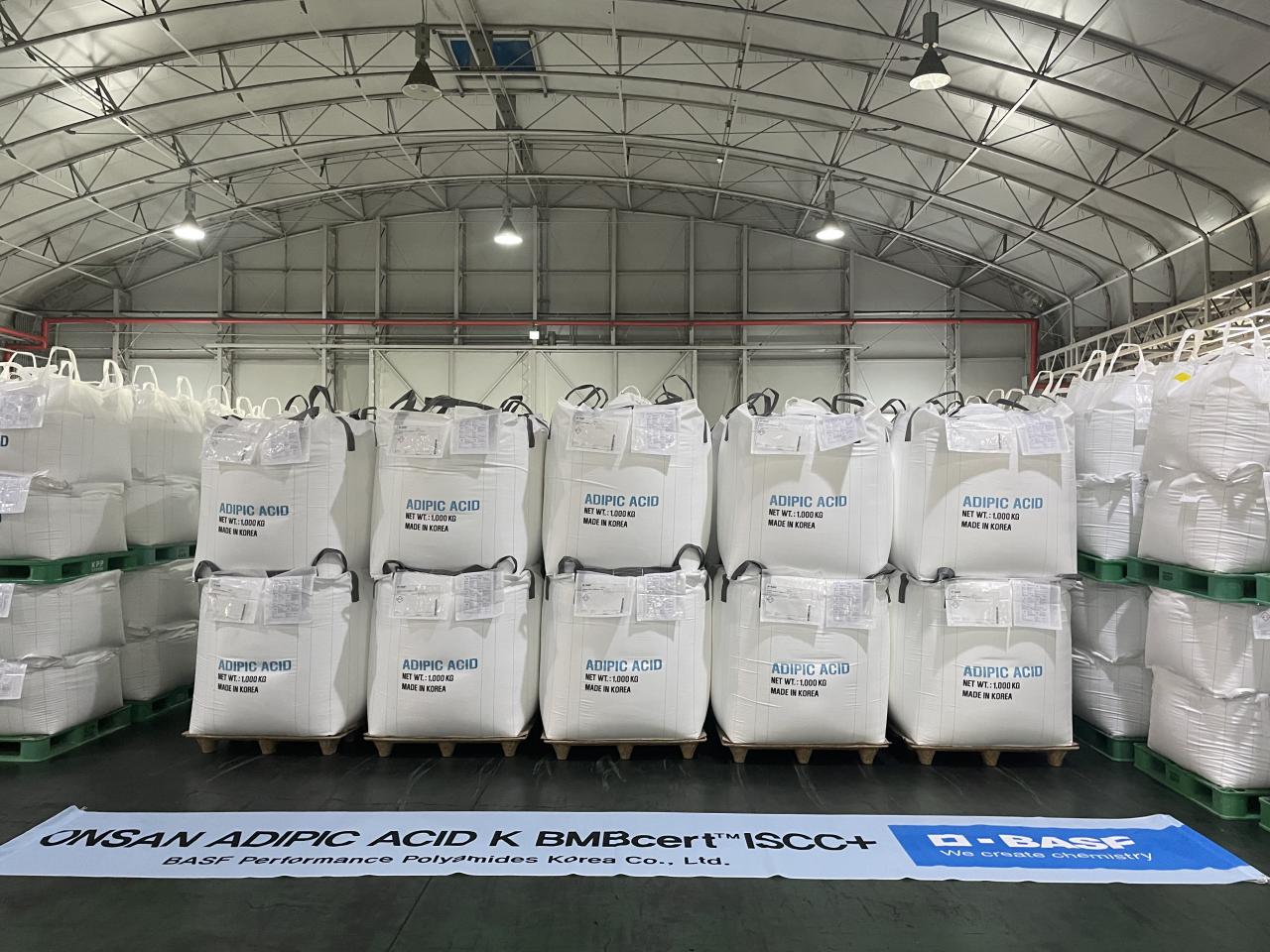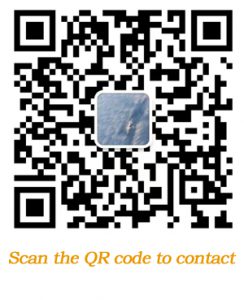● Adipic acid and polyamide (PA) 6.6 in Onsan, South Korea, and MDI (diphenylmethane diisocyanate) and TDI (toluene diisocyanate) in Yeosu, South Korea have obtained ISCC+ certification respectively
● The business department is committed to providing more sustainable development solutions and greatly improving the carbon footprint to meet the rapidly growing market demand in Asia

March 27, 2023 – Following the release of BASF’s Monomers business unit in February 2023, its sustainability roadmap blueprint, two of its production sites in Asia have now received ISCC+ certification. These certifications demonstrate the determination of the monomer business unit to help customers in various regions achieve sustainable development goals. This is the first ISCC+ certification for the business unit in the Asia-Pacific region, proving its ability to supply Biomass Balanced Products (BMB) and Chemical Cycling (ChemCycling® ) products while maintaining the same performance levels as those currently supplied from Korea, But the carbon footprint is lower.
Dr. Ramkumar Dhruva, President of BASF’s Monomers Business Unit, said: “As a bulk business at the core of chemical production, we have great potential to drive the sustainable development transformation of BASF and our customers’ industries. These certifications show our commitment to helping customers A strong commitment to grow their business sustainably. We will continue to provide them with the right solutions so that their products are future-proof.”
Claudia Huang, Senior Vice President, Monomers Business Unit, BASF Asia Pacific, added: “This is an important milestone in our journey towards low product carbon footprint (PCF) production. Sustainability will be the key to our success, and BASF has Be responsible and lead the way.” ISCC+ certified products provide basic chemicals for many industries including textiles, packaging, automotive, construction and white goods.
Dr. Dschun Song, Managing Director of BASF Korea Co., Ltd. said: “We are very pleased that Yeosu and Onsan sites have become the first batch of BASF factories in Korea to obtain ISCC+ certification. This is also the first time that the entire value chain has been certified in the same country. As a result, we can provide customers with certified low-carbon footprint adipic acid and PA 6.6.” The Wenshan base is currently capable of producing biomass balance products and chemical cycle products, and the first batch of customer orders has been delivered. More and more customers are willing to join the journey to achieve a low carbon footprint and collaborate to develop sustainable products.
BASF’s current biomass balance approach for adipic acid and PA 6.6 can reduce the product’s carbon footprint by at least 70%. The division will continue to develop products with lower carbon footprints in its production lines and expects to achieve net-zero CO2 emissions for adipic acid (by the end of 2024) and PA 6.6 (by the end of 2027) produced in Asia Pacific.
BASF’s Yeosu site in South Korea, which produces TDI and MDI, has also received ISCC+ certification while the Onsan production site was certified. TDI is an important intermediate for adhesives and foams commonly used in many industries such as automotive, aerospace and furniture, while MDI is a basic raw material for polyurethanes, polyamide-imides and adhesives.
At present, the main base and more than 200 products of the monomer business unit have obtained RedCert2 or ISCC+ certification, and plan to have more certification bases in Asia in the next few years, and continue to expand the certified biological mass balance product portfolio for customers in the region .


